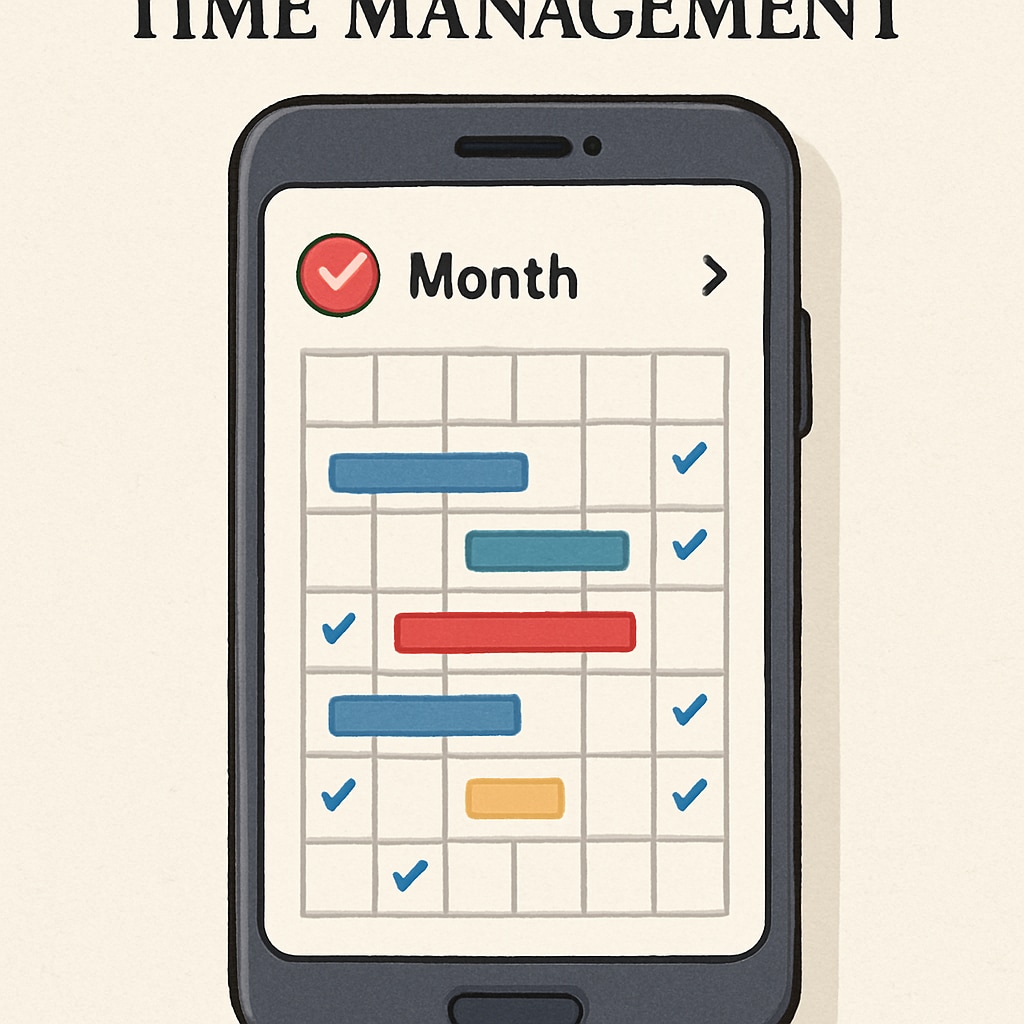For professionals in their 30s, the decision to pursue a master’s degree often brings a challenging dilemma. Balancing the demands of a full-time career with the pursuit of higher education requires careful time management, clear goal-setting, and often, some sacrifices. While a master’s degree can be a stepping stone to career advancement and personal growth, it also comes with significant challenges, including financial investment, time commitment, and the risk of burnout. In this article, we’ll explore the value of pursuing a master’s degree, the challenges it presents, and practical strategies to manage both work and education successfully.
Why Consider a Master’s Degree in Your 30s?
In an increasingly competitive job market, a master’s degree can offer a distinct advantage. It enhances your knowledge in a specialized field, increases your earning potential, and opens doors to leadership roles. According to a U.S. Bureau of Labor Statistics report, individuals with a master’s degree earn approximately 18% more than those with only a bachelor’s degree. Furthermore, for those seeking to transition into a new industry or profession, a master’s degree provides the necessary credentials and expertise to make that shift.
Beyond professional benefits, pursuing a graduate degree can lead to personal fulfillment. Many professionals view it as an opportunity to challenge themselves intellectually and achieve long-term aspirations they may have deferred earlier in their careers.

Challenges of Balancing Work and Education
While the benefits of a master’s degree are clear, the journey is not without its obstacles. Here are some of the most common challenges faced by working professionals:
- Time Constraints: Juggling a full-time job and rigorous academic coursework often leaves little time for personal or recreational activities.
- Financial Pressure: Tuition fees, textbooks, and other expenses can be a significant burden, especially for those with family responsibilities.
- Stress and Burnout: Managing both roles can lead to physical and emotional exhaustion, affecting overall performance in both areas.
These challenges are real, but they are not insurmountable. With the right strategies, it is possible to balance work and education effectively.
Strategies for Effective Time Management
Time management is the cornerstone of successfully pursuing a master’s degree while working. Below are some practical tips to help:
- Set Clear Priorities: Define what matters most—whether it’s completing assignments, hitting career milestones, or maintaining relationships. Use these priorities to guide your daily decisions.
- Create a Schedule: Block out dedicated time for study, work, and rest. Digital tools like Google Calendar or task management apps can help you stay organized.
- Leverage Employer Support: Some companies offer tuition reimbursement programs or flexible work hours to employees pursuing further education. Discuss options with your HR department.
- Outsource or Delegate: Delegate tasks at work or share responsibilities at home to create more time for your studies.
- Focus on Self-Care: Regular exercise, healthy eating, and sufficient sleep are critical for maintaining energy and focus.
By implementing these strategies, you can create a sustainable balance that allows you to excel in both your career and education.

Alternative Educational Paths
If the traditional master’s degree feels like too much of a commitment, there are alternative paths to consider. Online master’s programs, for example, offer flexibility in terms of pace and scheduling. Platforms like Coursera and edX provide affordable, high-quality courses from top universities worldwide.
Additionally, certifications in specialized areas—such as project management, data analytics, or digital marketing—can enhance your skills and career prospects without the time and financial commitment of a full degree. These alternatives can be especially valuable in industries that prioritize practical skills over academic credentials.
Conclusion: Finding the Right Balance
Pursuing a master’s degree as a working professional is undoubtedly a challenging endeavor. It requires careful planning, disciplined time management, and a clear understanding of your goals. However, the rewards—both professionally and personally—can make the effort worthwhile. Whether you choose a traditional program, an online alternative, or a specialized certification, the key is to find a path that aligns with your career aspirations and personal circumstances.
Ultimately, the decision to pursue further education is deeply personal. By evaluating your priorities and leveraging available resources, you can navigate the complexities of work and education, paving the way for a fulfilling and successful future.
Readability guidance: The article uses short paragraphs, actionable strategies, and a mix of informative links to create a practical and engaging guide for professionals considering further education.


